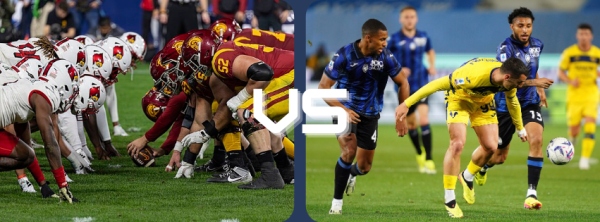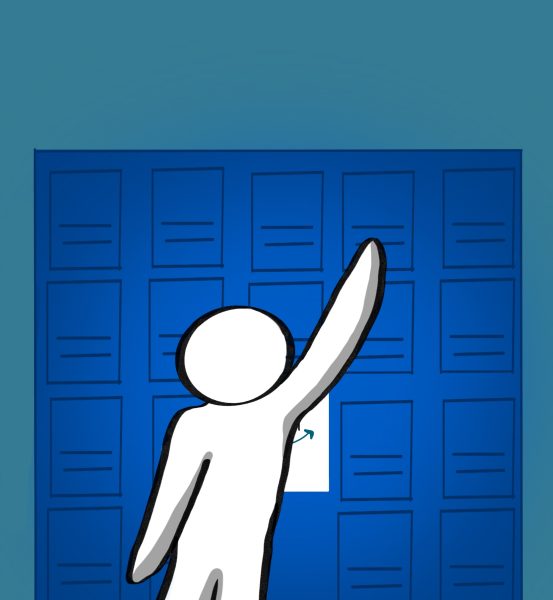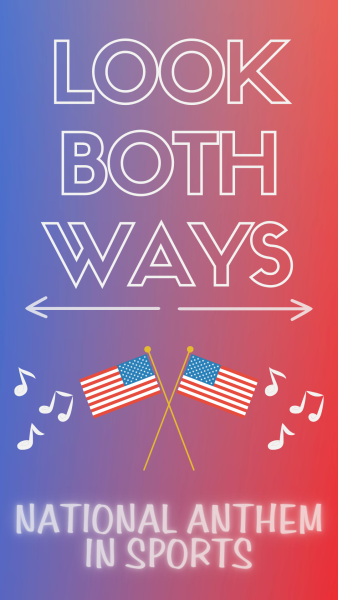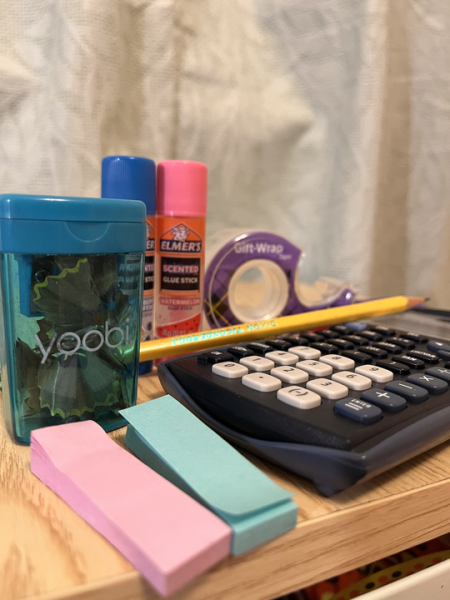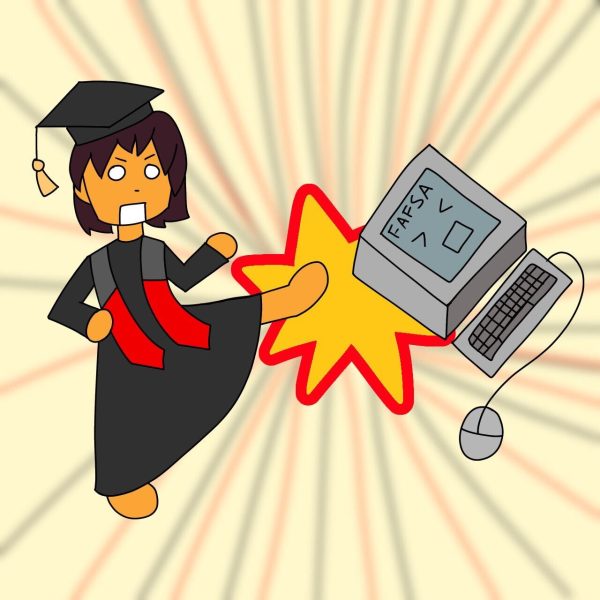Diversity events lack direction
October 2, 2017
NIU is making deliberate efforts to create a safe and inclusive campus by hosting diversity events that hope for change yet create none. The main goal is to serve a “diverse student population,” according to the Office of Academic Diversity, Equity and Inclusion goal webpage. “We want to increase access to high quality educational programs and increase the retention and graduation rates of our underserved student populations,” and to “diversify NIU workforce.”
While thinking about the topic of diversifying the workforce here, I realized that I have only one professor that isn’t white in all six of my classes. While searching for data on NIU faculty diversity, there was no information easily available for the public on the NIU website, only data concerning student diversity.
“Personally, I do commend NIU’s effort, though I do feel like they could be doing more,” said senior philosophy major Remsey Jeremy.
A few concerns also arise when one looks critically at NIU diversity events. NIU hosts numerous diversity events, such as the MLK Diversity March that occurred on Sept. 19 throughout campus and the multiple diversity dialogues that are organized throughout the semester by Office of Academic Diversity, Equity and Inclusion.
NIU has a clear goal in mind; however, the events aren’t executed in a way that gets students connected.
“The issue is not with the intent behind diversity programming,” said NIU instructor Andre Meeks. “I think the issue is that then you also create a space where you are encouraging people to come together and have these most of the time superficial conversations about how we are all alike and all different. The problem with that is that because it’s institutional, and it’s not organic. It doesn’t come from the people themselves coming together and doing collaborative efforts.”
Having the same kind of forced conversation each meeting creates a scenario where there is a collaborative agreement within a closed group however the actual impact isn’t felt in the day-to-day life of students outside of said groups.
“It feels as if the institution’s values are being imposed on the individual. And so it’s like the institution causes this discourse around multiculturalism, but if an individual doesn’t necessarily feel as if that’s something that’s valuable to them or maybe they even are opposed to it, and some people are, there’s no space for them at those conversations so it’s like the very people you are trying to reach are the people who are excluded from those conversations,” said Meeks.
Being such a close knit group results in diversity groups and events alienating the very people they hoped to reach. Members of these groups already have similar opinions on the topic of multiculturalism and diversity, which creates a group of people who all believe in a similar cause. This creates a scenario where one person speaks for everyone and fails to illicit genuine change in the community.
Organizations can attempt to change and eliminate unfair practices and regulations, but it is incredibly difficult for an institutionalized organization to change an entire community’s view on inclusiveness from the outside. The only thing that can truly create a profound impact in the real day-to-day life in any community are people that reside in it. It is up to each individual to be an empathetic and open minded citizen and to become accepting of others in the community regardless of differences, behavior and beliefs.







